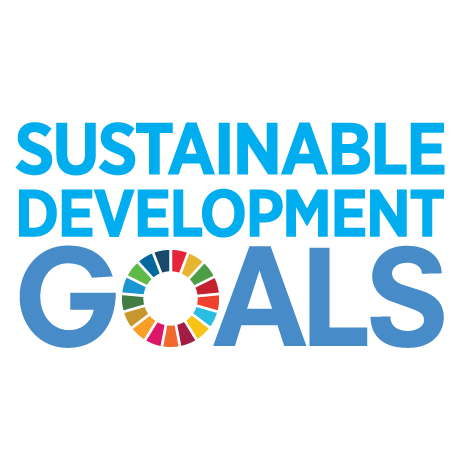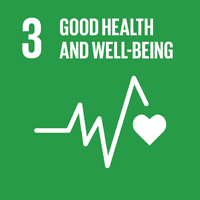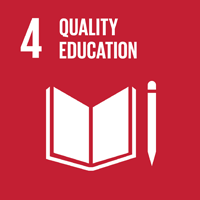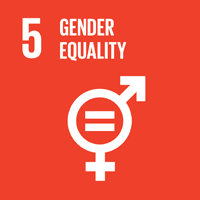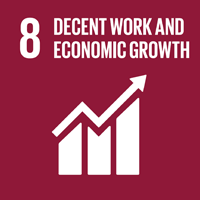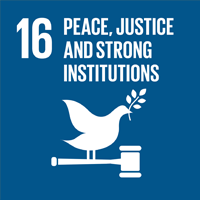- Sustainability at Greif
- Stratégies de développement durable
- Objectifs et performances
- Indices de reporting ESG
- Téléchargements de rapports
Points forts
- We are committed to upholding human rights and fair labor practices as aligned with internationally recognized frameworks such as the United Nations (UN) Global Compact Principles and the International Labor Organization’s (ILO) Declaration on Fundamental Principles and Rights at Work.
- Our operations have a global footprint, and we recognize that the unique contexts of our facilities may lead to distinct challenges and complex human rights-related risks. We empower local teams to assess and manage these localized risks.
- In 2024, we incorporated our Human Rights Training module into colleague onboarding so that every new colleague understands our commitment and approach to human rights and fair labor practices. In preparation for a global training refresh in 2025, we reviewed and updated training material content for consistency with global standards and best practices.
- Our 2024 efforts enabled us to make significant progress towards achieving our 2025 and 2030 Human Rights & Fair Labor Practices goals.
Pourquoi les droits de l’homme et les pratiques de travail équitables sont importants
The Greif Way and our Build to Last Strategy’s mission of Creating Thriving Communities are aligned with our commitment to upholding international human rights and fair labor practices. We aim to be the employer of choice by creating an environment of respect, dignity, and equality for colleagues. Furthermore, we are dedicated to paying fair, livable wages, and providing safe and equitable working conditions across our global operations. We extend this commitment beyond Greif colleagues, striving to collaborate with business partners and responsible supply partners who share our values, instilling customer confidence in our sourcing and labor practices. Our commitment to human rights and fair labor helps us attract top talent and increase job satisfaction and engagement.
Our Approach
Human rights risks exist throughout our operations and our supply chain, making it critical to integrate human rights and fair labor practices into our policies and procedures. These policies and procedures include our Anti-Harassment and Anti-Discrimination Policy, Politique sur le travail des enfants, Code de conduite, Politique d'égalité des chances en matière d'emploi, Politique de traitement équitable des autres, Politique des droits de l'homme, Politique sur les peuples autochtones, Modern Slavery and Forced Labor Policy, et Code de conduite des fournisseurs. Our commitment to upholding human rights and fair labor practices is also aligned with internationally recognized frameworks including the Principes du Pacte mondial des Nations Unies et le Déclaration de l'OIT relative aux principes et droits fondamentaux au travail. To learn more about our supply chain policies, please see our Gestion de la chaîne d'approvisionnement section.
Our Human Rights and Fair Labor Practices team, overseen by Greif’s Human Resources Director, Global Projects, consists of members from each region and business unit. To support consistent risk mitigation and the implementation of best practices, we maintain a comprehensive, risk-based program that identifies and addresses human rights and labor risks across all facilities. This program is aligned with our commitments to the Objectifs de développement durable des Nations Unies, Pacte mondial des Nations Unies, ILO Declaration on Fundamental Principles and Rights at Work, et Guiding Principles on Business and Human Rights.
Our Human Resources and Legal Teams oversee collective bargaining agreements, which align with local regulations and cover colleagues’ health and safety, working conditions, training and career management, diversity and discrimination, and other workers’ rights. These agreements are independently managed in each region. In 2024, 38 percent of Greif’s colleagues globally engaged in collective bargaining agreements.
Human rights are at the heart of our commitment to fostering fair and equitable treatment for all colleagues. This commitment extends beyond policy statements to tangible actions, such as achieving global gender pay parity, which is a milestone that reflects our commitment to the principle of equal pay for equal work. As our organization grows through acquisitions, we remain focused on advancing equity and fairness across our expanding workforce by monitoring and addressing pay practices. We are conducting a global wage gap analysis to address living wage challenges, striving to create an environment where all colleagues are valued, respected, and compensated in ways that uphold their dignity and support their well-being.
Greif takes a global approach to human rights, with consistent application of practices and equal treatment managed uniformly across the operation. While our operations have a global footprint, we recognize that the unique contexts of our facilities may lead to distinct challenges and complex human rights-related risks. We charge our local Human Resources teams with conducting risk assessments related to geography, verifying age and legal working status, and executing our human rights training. We identify risk profiles of various countries where we operate as part of our review process, paying particular attention to geographies in which human rights risks are higher, and empowering local HR teams to assess and manage localized risks.
We have an Ethics Hotline that we encourage colleagues, suppliers, and community members to use to report concerns about potential human rights or discrimination violations, which may be done anonymously. The Ethics Hotline contact information is publicly available at all facilities and online, and the availability of the Ethics Hotline is reinforced as part of our Human Rights Training. In addition, we provide this information to internal and external stakeholders via our Code de conduite. Additional information on the Ethics Hotline can be found in the Éthique et conformité section de ce rapport.
Goals, Progress, & Performance
Objectifs 2025 :
- 100 percent of our operations will be subject to internal human rights reviews, measured on a rolling cycle, by the end of 2025.
- 100 percent of colleagues will be trained in human rights policies and procedures by the end of 2025.
Over the past few years, we reviewed and redesigned our human rights auditing and review process, creating a detailed risk dashboard to identify and prioritize facilities and geographies where there may be significant human rights risk. The risk dashboard draws from a wide variety of expert sources, including the United Nations Children’s Fund (UNICEF) Child Labor Database, ILO data on poverty and excessive working, and world and poverty metrics.
As of December 31, 2024, 56 percent of Greif locations have been reviewed using our updated process, which includes assessments on 10 topics covering child and forced labor, freedom of association, diversity, grievances, working hours, compensation, and more. All facilities are projected to be reviewed by the end of 2025. We plan to re-review facilities every two years. Additional information on our internal ESG audit which reviewed the human rights review process can be found in the Gestion des risques section de ce rapport.
In 2024, we conducted a pilot program in three global facilities to assess readiness for formal SA8000 certification, a global standard for social accountability in the workplace. This pilot’s initial results are positive, and we are now creating a proposal and recommended action plan for the next steps in the certification process.
Our human rights training is crucial for fostering awareness, promoting a culture of respect, and providing that our people are equipped with the knowledge and skills needed to uphold and protect human rights throughout our organization. The training helps every colleague understand our commitment and approach to human rights and fair labor practices, as well as how to report violations of our policies. Our Human Rights training is rolled out to all colleagues globally on a two-year basis. The next global roll-out of this training will take place in 2025 and the content will be enhanced to include a wider Fair Labor Practice agenda; Anti-Harassment and Ani-Discrimination; Child Labor; Equal Employment Opportunities; and Modern Slavery. This will also now include colleagues from recently acquired locations. In 2024, all new colleagues have received this training on our Human Rights policies and procedures, including the Fair Treatment of Others policy, as part of their onboarding process.
In 2024, we also integrated our subsidiary, Ipackchem, into our human rights processes. In addition, we are conducting a geography-based living-wage gap assessment to help us build action plans that demonstrate we are paying at least a living wage, if not more, to all colleagues across the globe.

